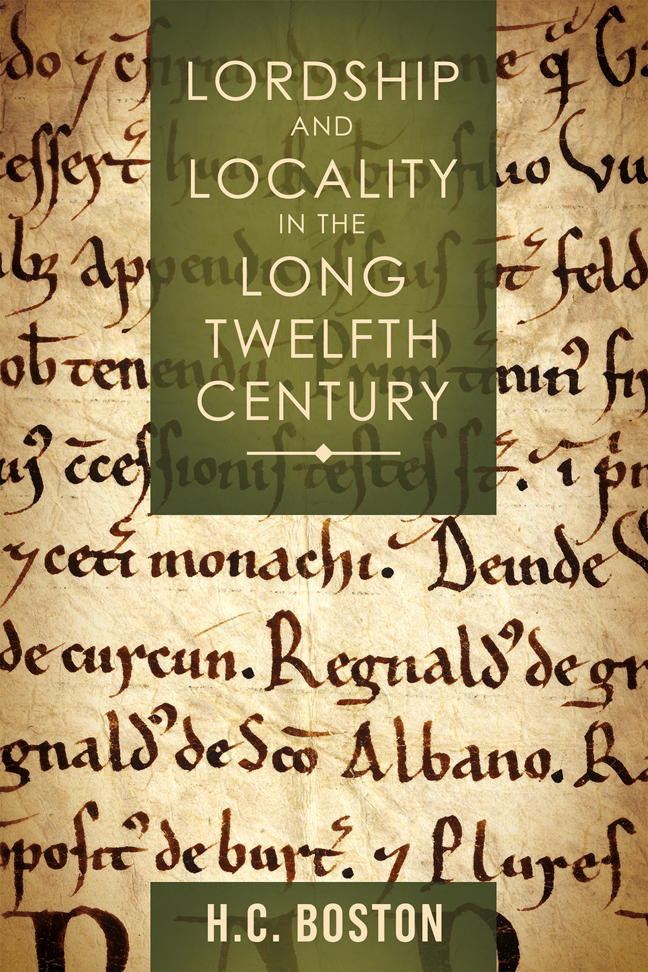Book contents
- Frontmatter
- Dedication
- Contents
- List of Illustrations
- Acknowledgements
- List of Abbreviations
- Introduction
- 1 Multiple lordship: a quantitative analysis
- 2 Multiple lordship and the honour
- 3 Multiple lordship and religious patronage
- 4 Multiple lordship and urban centres
- 5 The abbey of Burton-upon-Trent: a case study
- Conclusion
- Bibliography
- Index
Introduction
Published online by Cambridge University Press: 21 February 2024
- Frontmatter
- Dedication
- Contents
- List of Illustrations
- Acknowledgements
- List of Abbreviations
- Introduction
- 1 Multiple lordship: a quantitative analysis
- 2 Multiple lordship and the honour
- 3 Multiple lordship and religious patronage
- 4 Multiple lordship and urban centres
- 5 The abbey of Burton-upon-Trent: a case study
- Conclusion
- Bibliography
- Index
Summary
This Book Focuses on the minor aristocracy in Leicestershire, Derbyshire and Staffordshire during the long twelfth century (c.1066–c.1216) and in particular those individuals who owed allegiance to more than one lord. Such individuals have often been regarded as exceptions to the norms of the time, or their cases have been noted in isolation in historiography. Multiple lordship was, however, a common and widespread practice that had developed well before the Norman Conquest in both England and Normandy, was well-established in Anglo-Norman England by 1100, and continued to proliferate there through the following century and beyond.
This work addresses the practice of multiple lordship, its role in twelfth-century English regional society, and its impact on the behaviour of the minor aristocracy. Beginning with a statistical analysis in Chapter 1, the impact of multiple lordship is examined in the context of the honour, religious patronage, in towns, and through a case study of the abbey of Burton-upon-Trent (Staffs.). The introductory chapter will first discuss the current state of the historiography on lordship and multiple lordship, before moving on to the terminological, legal and geographical frameworks underpinning this book.
Multiple lordship in context
Current historiographical treatment of multiple lordship is based on older models of feudalism. These models still underpin much of our understanding of the central Middle Ages, despite sustained attack by E.A.R. Brown and Susan Reynolds. As these historians noted, definitions of feudalism vary. Much of its modern historiography derives from Francophone work, and it is here that some of the great syntheses were developed and exported to other regions. Marc Bloch in his paradigmatic Société Féodale (1939) regarded it as an entire social order of overlapping dependencies from peasant to lord that shaped not just political and social institutions, but law, culture, family relations, and the church. F.-L. Ganshof, another key figure in early twentieth-century medieval studies, used feudalism in a narrower technical term to refer to military obligations between lords and their vassals. In return for his service, a vassal received a grant of land from the lord as a fief, which rewarded his adherence and, through exploitation of the land's workers, provided him with money and status.
The imprecision of the term feudalism has hindered its discussion in the historiography.
- Type
- Chapter
- Information
- Lordship and Locality in the Long Twelfth Century , pp. 1 - 46Publisher: Boydell & BrewerPrint publication year: 2024

